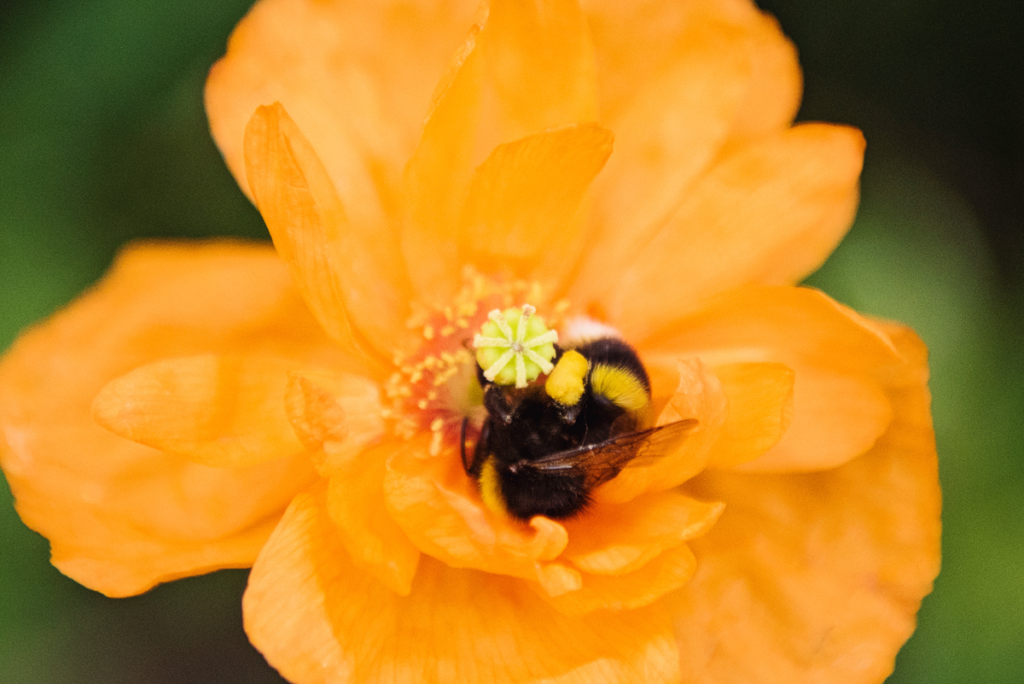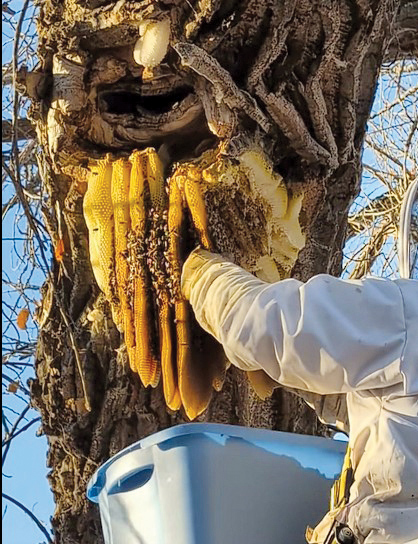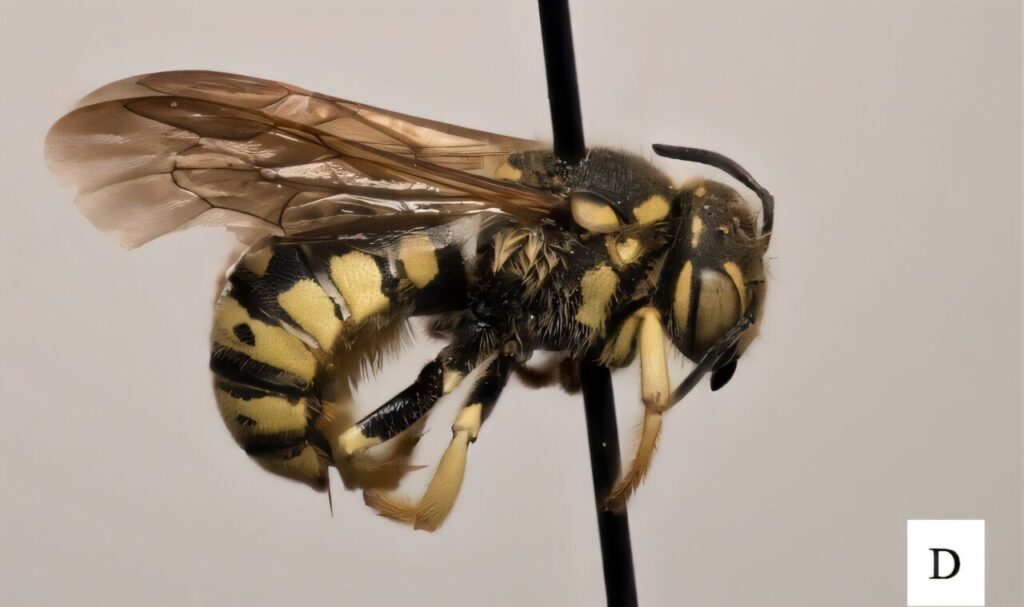 Ever wondered why bees nap in flowers? It’s not just adorable; it’s crucial for their daily hustle.
Ever wondered why bees nap in flowers? It’s not just adorable; it’s crucial for their daily hustle.
Bees, the tireless pollinators, have a fascinating trick to recharge – power naps in flowers. As they collect nectar, the rhythmic dance triggers the release of a liquid droplet, providing a quick energy boost.
These flower-powered siestas let bees rest and revitalize in a cozy, safe space among the petals. The warmth of the sun and the flower’s gentle sway create an ideal setting for these essential naps, both physically and mentally refreshing.
The sight of bees dozing in flowers isn’t just charming; it highlights the intricate bond between plants and pollinators. Flowers, benefiting from the pollination process, become a haven for these vital creatures. So, when you spot a bee nestled in a flower, it’s not just a nap – it’s nature’s delicate balance in action.





 Today we recognize the essential role that bees and other pollinators play in the health of our environment and to our food supply.
Today we recognize the essential role that bees and other pollinators play in the health of our environment and to our food supply.



 Ever wondered why bees nap in flowers? It’s not just adorable; it’s crucial for their daily hustle.
Ever wondered why bees nap in flowers? It’s not just adorable; it’s crucial for their daily hustle.